Why Games Matter Blog - Hitman: Absolution Doesn't Play Right
A blog dedicated to big issues affecting the games industry
Hitman: Absolution Doesn't Play Right - The second in a three part series that will dissect what used to make the Hitman games great. This week, gameplay mechanics.
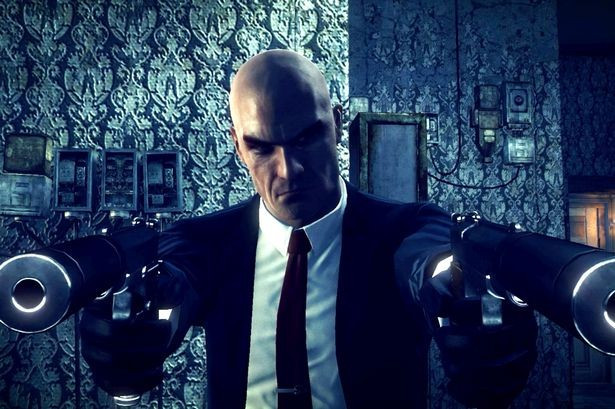
Hitman Absolution is total bumrinse; the old games are much better. In this series of three articles, I want to explain what used to make Hitman wonderful, and how computer games can use gameplay to make you feel like your character.
Last time, I talked about Hitman's sound design - This week, I'm on about combat.
Inhuman
47 doesn't have feelings - that's the lesson I took away from the old Hitman games. The result of an experiment to clone the world's nastiest bastard, he's literally inhuman; he has no empathy towards normal people. As such, he looks at the world with unfeeling pragmatism and we're made to feel the same way.
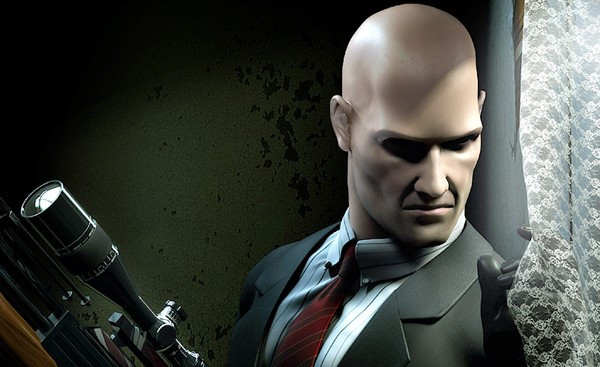
Watch how the guards behave in Blood Money and Contracts, and you'll see what I mean. If they're not standing bolt upright protecting some secret entrance, they're mechanically patrolling exactly the same route performing exactly the same actions. One of the guys in the "A New Life" mission in Blood Money is a great example. Unless you disturb him, he'll endlessly oscillate between the upstairs and downstairs, stopping off every single time to rummage through his boss's wife's knicker drawer.
That kind of endless repetition is common in stealth games, since it gives players the chance to figure out how to not get spotted. But the goons in Hitman have an unusual kind of awkward movement, too. The way they reach into their jackets to pull out a gun, or turn their heads to see behind them has a distinct roboticism to it, giving them a not-human look. Over-produced and absolutely bloody stupid it may be, this video shows off the Hitman goons' jerky body language.
See what I mean? It's partly down to the limited physics technology of the PlayStation 2 era, but the baddies in Hitman look positively mechanical and that's exactly how the game wants you to see them. You're Agent 47; you're this inhuman clone, the perfect, immaculate Silent Assassin. A deadly provocateur, you look at the world with cold, calculating pragmatism. You don't see people as people; you see them as facets, puzzles pieces - factors that are either beneficial or detrimental to your job.
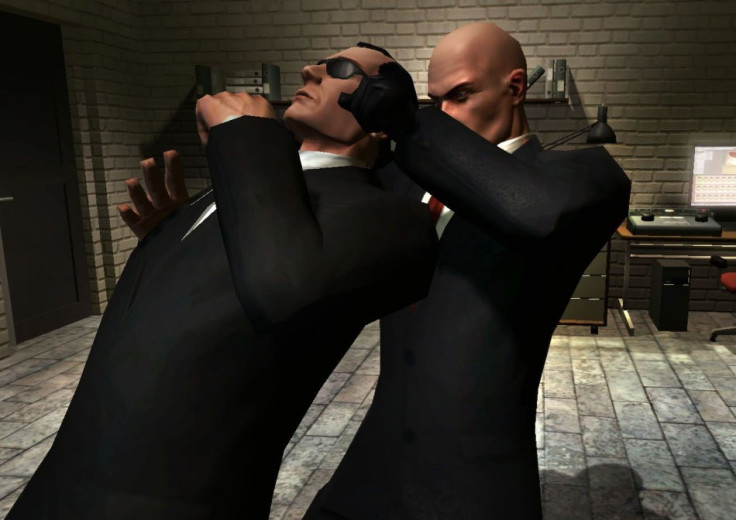
And that's why they don't move like people, because in 47's view, they're not. As a clone, an inhuman, he sees people as different and unusual; to put us in that same mindset, IO gives its NPCs this robotic, choppy movement.
Map
You're not allowed to use guns much either, and there's a huge emphasis on stealth. Absolution slips up by imbuing 47 with Sam Fisher/Nathan Drake style combat moves. You can hug walls, clamber into vents and perform quick-time takedowns. Pah - the old Hitman games were much smarter.
In Silent Assassin, Contracts and Blood Money, 47 had as much use for guns as he did for Brylcreem; if you tried shooting your way through a level you'd end up either dead or with a crap mission rating. That meant a lot of planning, and that meant looking at the map.
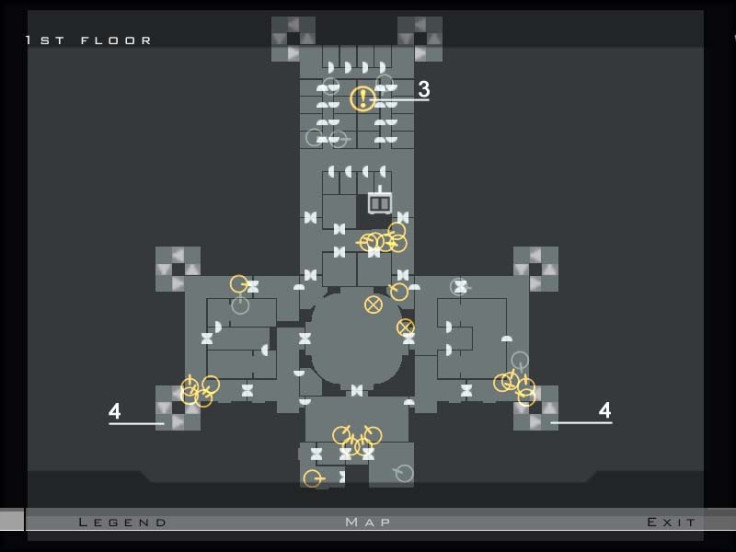
Cumbersome, dull and a pain in the arse, the overhead map is nevertheless the most important part of the old Hitman games. Like the NPC's weird limbs, it lets you view the world with a cool, detached pragmatism, showing guards as dots and highlighting bits of the environment that can be used to kill people.
That achieves two things. One, it further dehumanises people, representing them as either "on" or "off" switches, and two, it gives you the same heightened, aloof, top-down view as 47 has on the world around him. The perfect assassin, he's hyper aware of the places he infiltrates, and the map permits you that same level of knowledge. It lets you dispassionately observe the world as a kind of game board, with the guards serving as mere pieces in an intricate round of Kill Chess.
47's brain
Both of these things, the guard's on-rails patrol routes and the in-game map are stealth game tropes. But in Hitman they're emphasised and punctuated, and they work in conjunction with the game's script. It's not like in Absolution, where 47 talks about his feelings and shares what he's thinking; in Hitman's PS2 era, 47's mind-set was integral to game's central mechanics. The game worked in the same way as 47's brain - the main gameplay conceits were geared towards making us think like a killer.
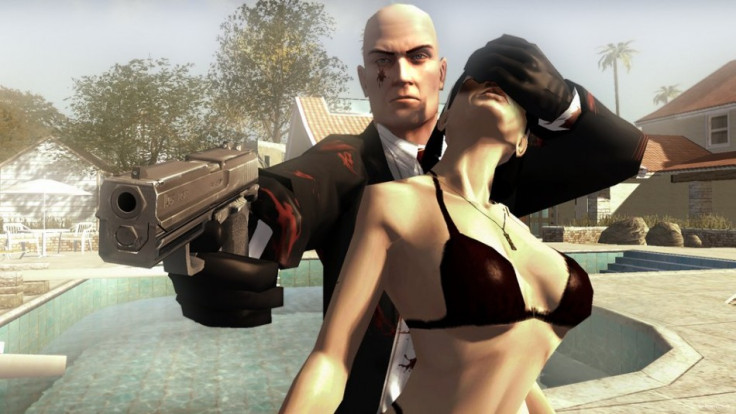
Since we'd die if we went guns blazing, we had to use the map; since we used the map, we got used to seeing guards as dots instead of people. And since they were just dots, we had no problem killing them - their spasmodic movement only compounded our suspicion that they weren't really people anyway.
Absolution isn't that clever. The guards talk too much, their movement is very natural and there isn't a map - instead, we use an Arkham Asylum style "Instinct Mode" which highlights guards through roles. It's slicker, more believable and a lot more boring, totally the opposite of Hitman's expressionistic older games.
And it's not sexy either - Hitman used to be sexy. Not in a hot, sensual way; in a dirty, sodomitic, whips chains and rubbing salts kind of way.
Next week, in the final part of this three part whingeathon, I'll be looking at how the old Hitman games used sex to make you hate your victims.
© Copyright IBTimes 2025. All rights reserved.






















